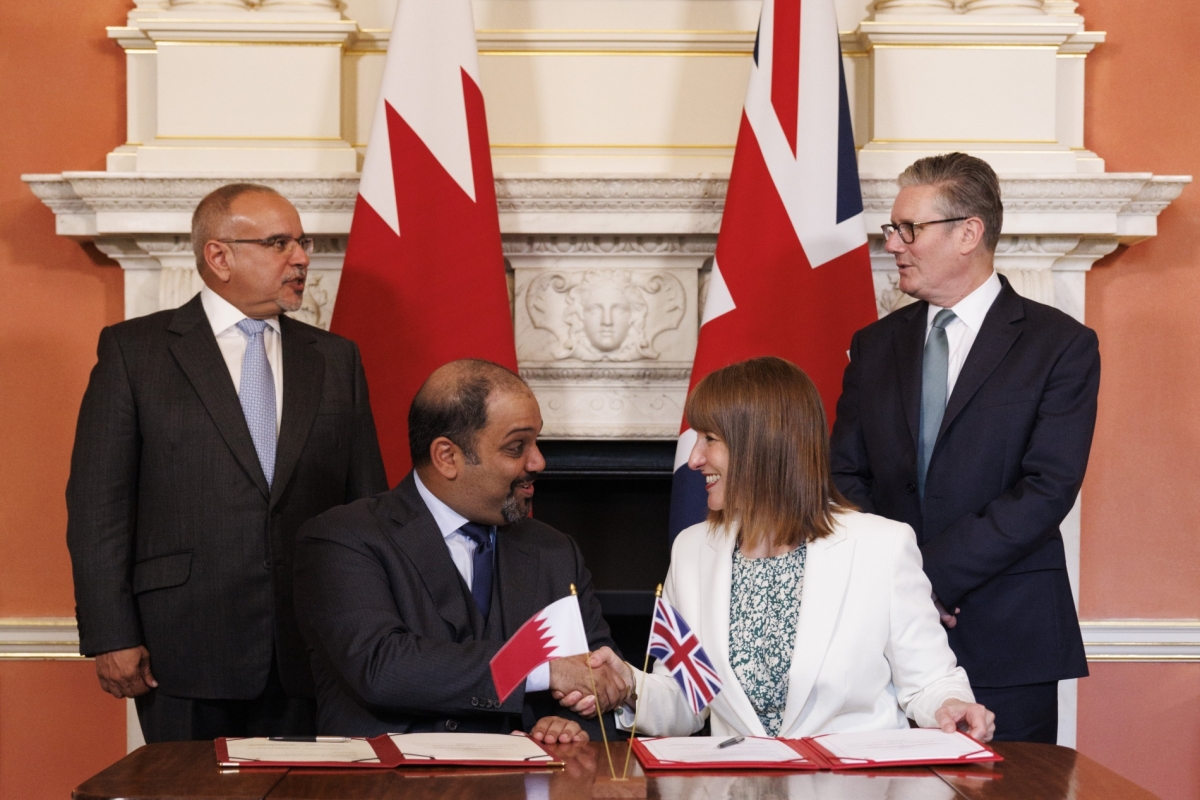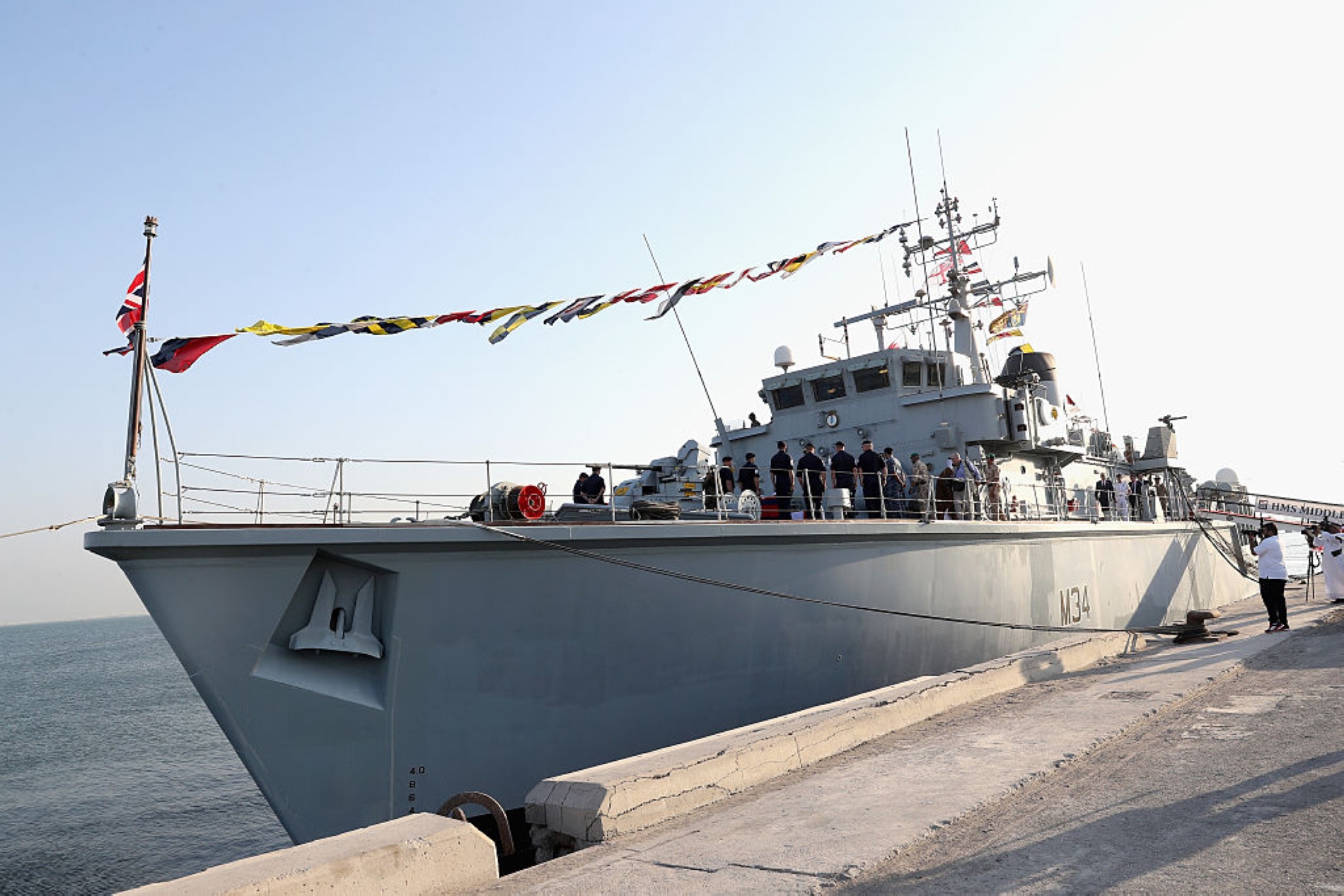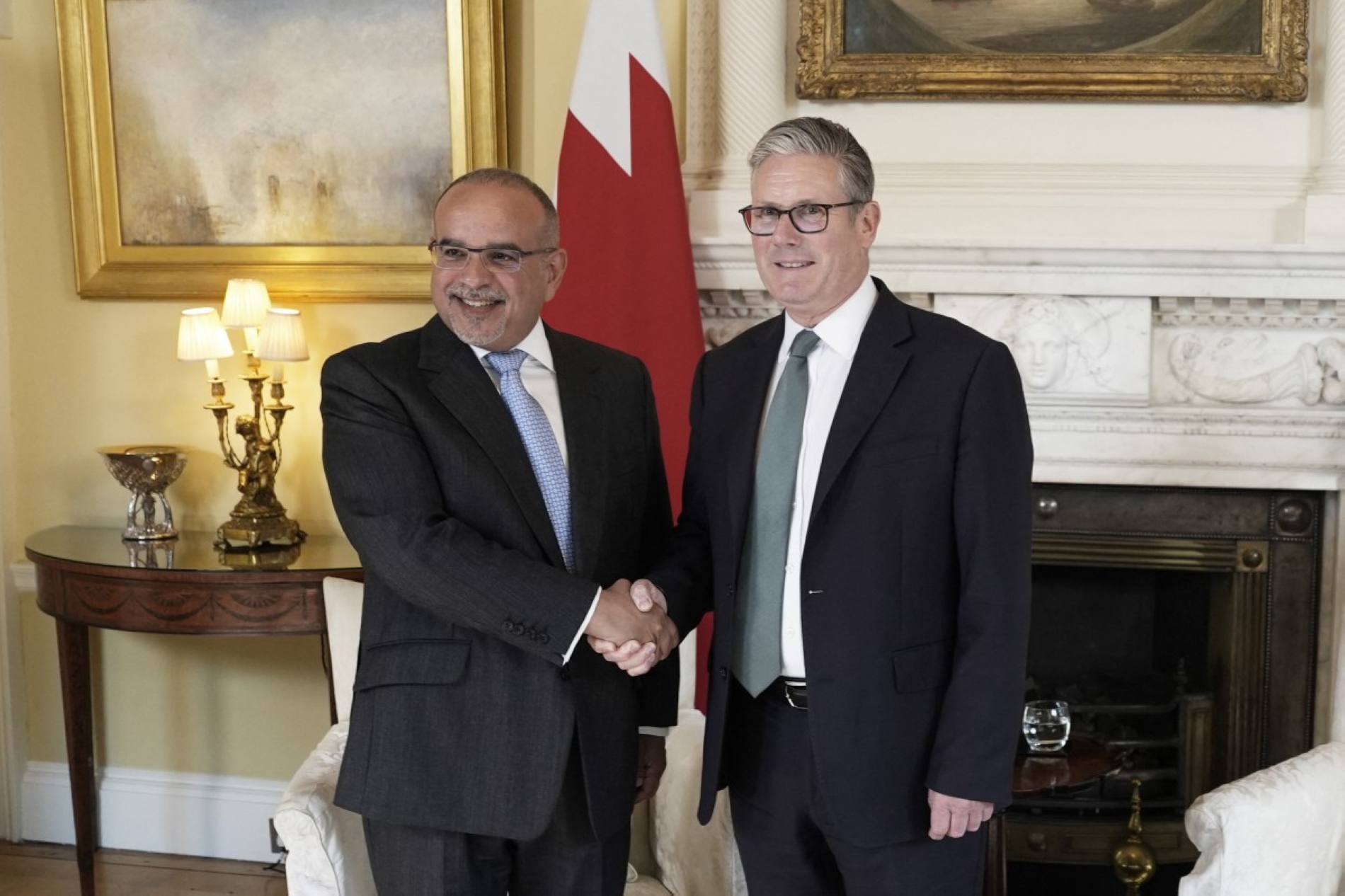Crown Prince Salman bin Hamad Al Khalifa’s visit to London in June highlights how Bahrain wants to consolidate ties with a post-Brexit UK, while reaffirming the strategic value both countries continue to place on their historic relationship in a world of uncertainty and shifting global alliances.
The visit was a significant moment in UK-Bahrain relations, as both governments look to deepen links in trade, investment, defence, and education. The importance is magnified because both Europe and the Middle East are going through a period of geopolitical and economic change. Bahrain and the UK are adapting to those changing circumstances and know that deepening their partnership will enhance their economic resilience, help manage the energy transition, and support regional security initiatives.
As they ride the waves, both states can draw on—and take comfort from—their long history of diplomatic engagement, Britain having first established relations with Bahrain in 1820 with the signing of the General Maritime Treaty, before strengthening ties in 1861 with the signing of the Perpetual Truce of Peace and Friendship, under which Britain pledged to protect Bahrain from naval attacks and provide support if it was attacked by land.
Trade and investment
At the core of the visit last month was the launch of the Strategic Investment and Collaboration Partnership (SIP2), which will see the Bahraini private sector invest $2.7bn in Britain, specifically in its clean energy, advanced manufacturing, financial services, and technology sectors. UK Chancellor Rachel Reeves described it as “a clear demonstration of the strength of the relationship and the confidence international investors have in the UK economy”.
The launch of SIP2 comes at a time of growing trade between Manama and London. In the year to Q4 2024, total UK-Bahrain trade reached $1.23bn, with UK exports increasing 17.2% to $953mn compared to the same period in 2023. This compares favourably to pre-pandemic levels, when total UK-Bahrain trade stood at $717mn in 2019.














